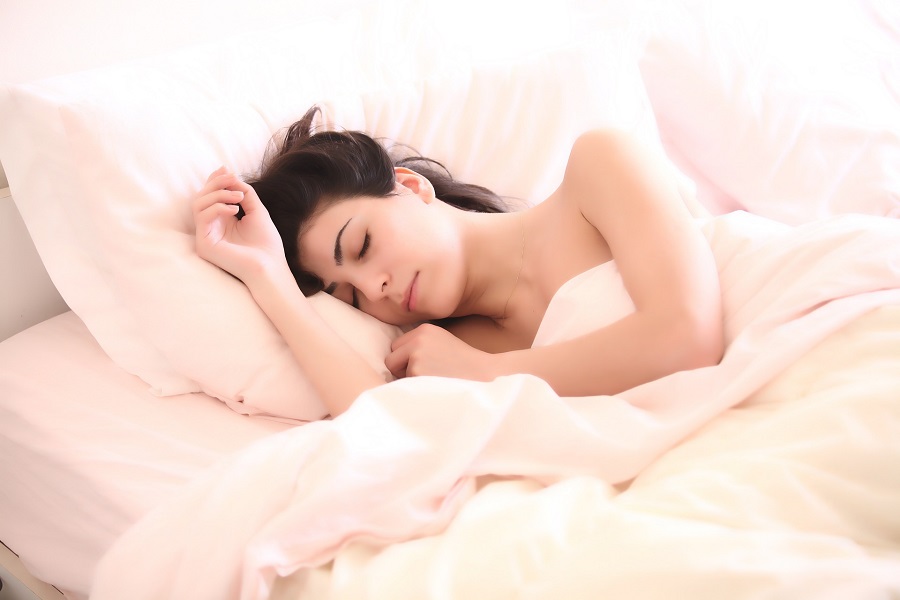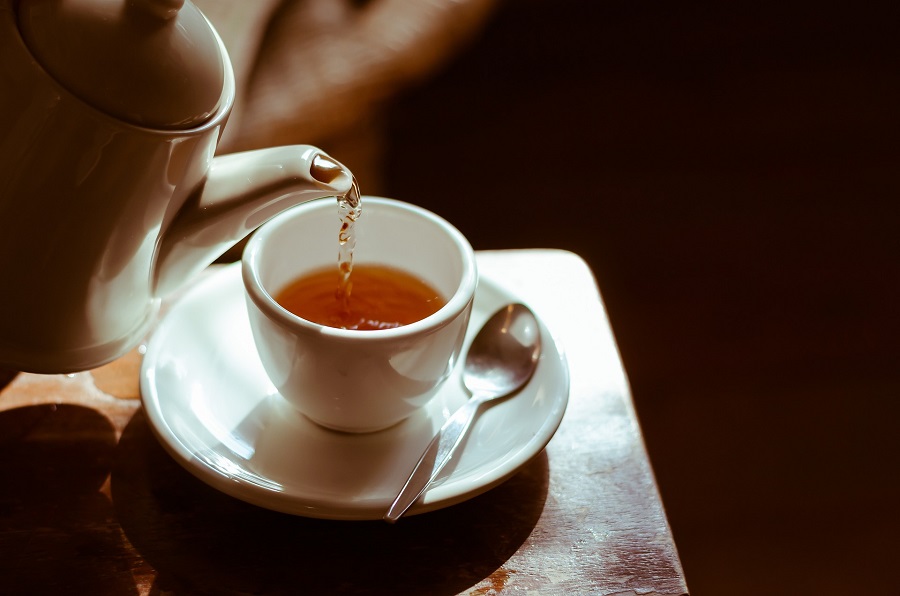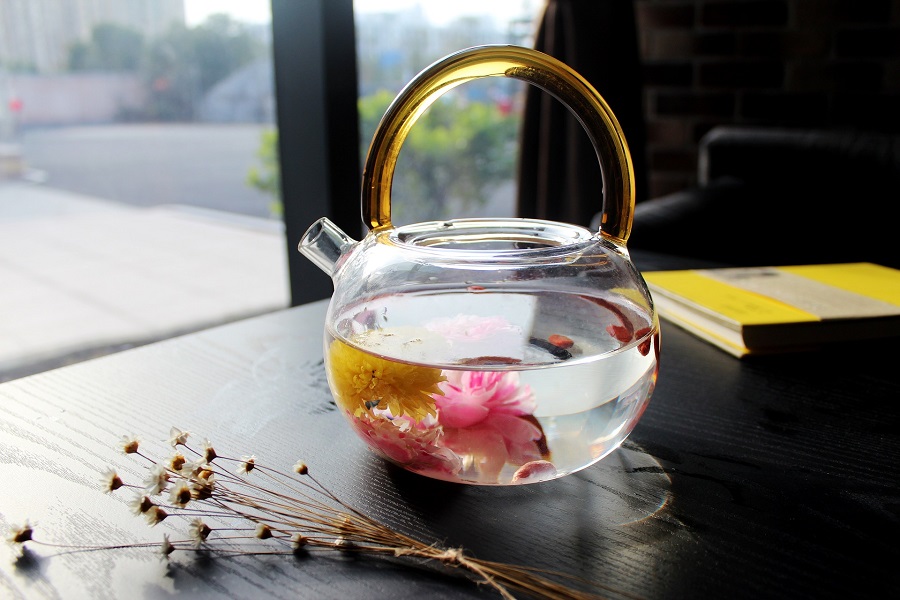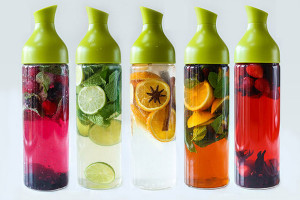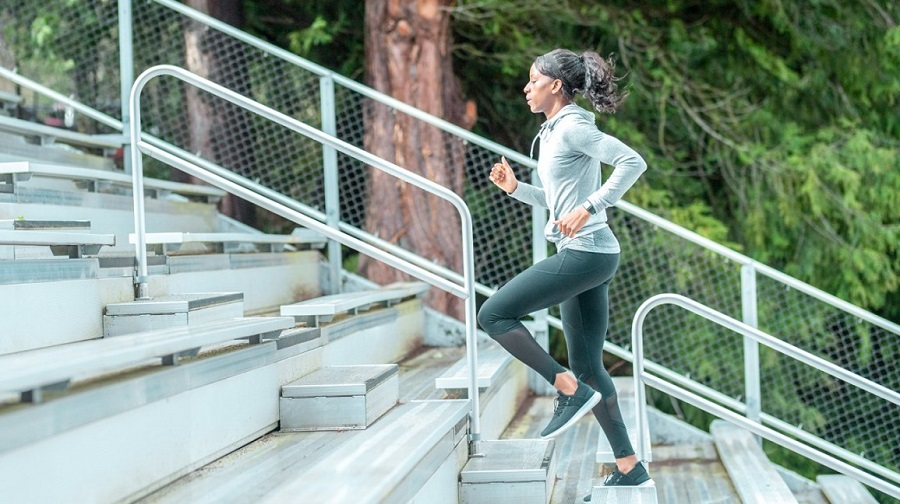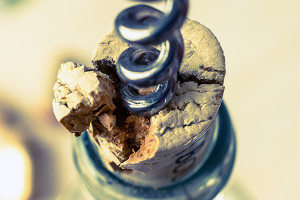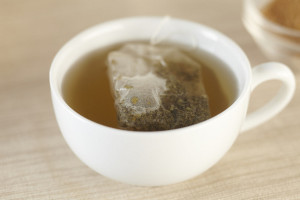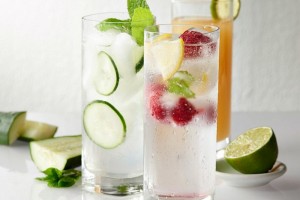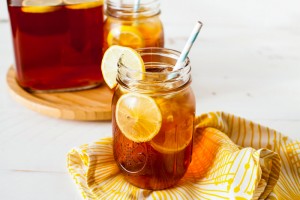How to make a strong tea
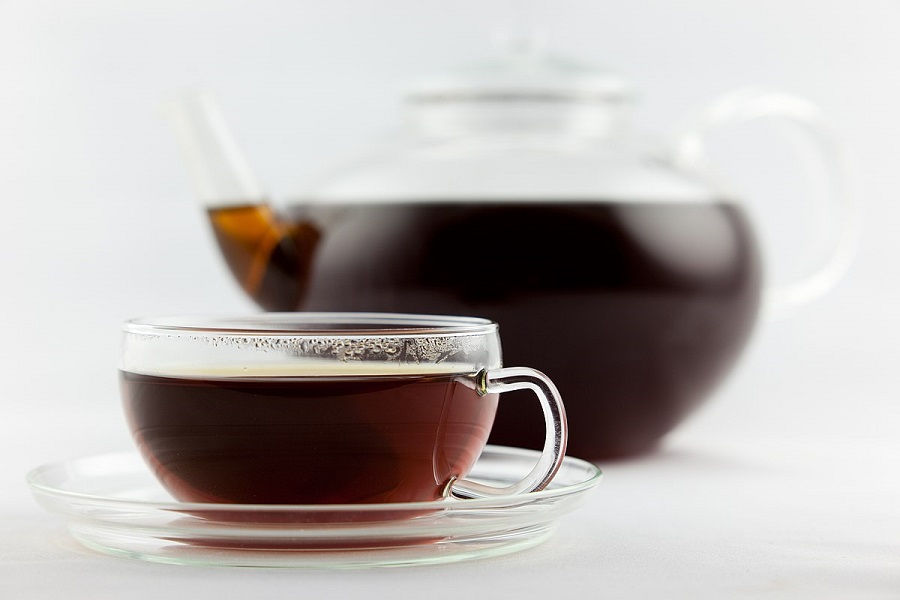
Sometimes there are no better alternatives than a cup of tasteful tea when you feel sleepy and tired in the afternoon. But just like some people enjoy light tea, others may prefer strong tea that has a stronger flavor and higher amount of caffeine. Read on to learn more about how to make a cup of strong tea and what kind of tea and tools to choose.
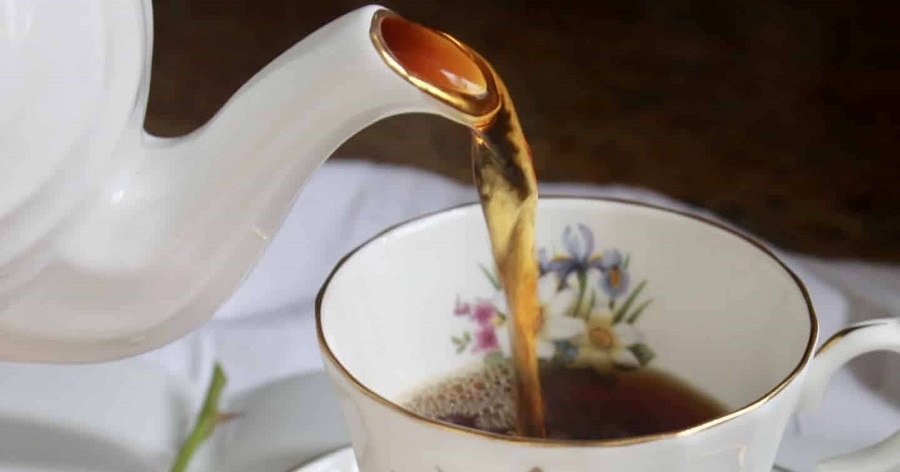
Before steeping tea
First, you need to know that not all tea leaves can be made into strong tea. Green tea will get bitter under high temperatures, while oxidized and roasted oolong tea won’t get bitter that quickly. Other great options also include white tea, Pu Erh, and black tea. As for the tools for steeping your tea, it is recommended to use a ceramic or clay teapot with a thick wall so that the heat can be held for a longer time and the flavor of the tea won’t be affected.
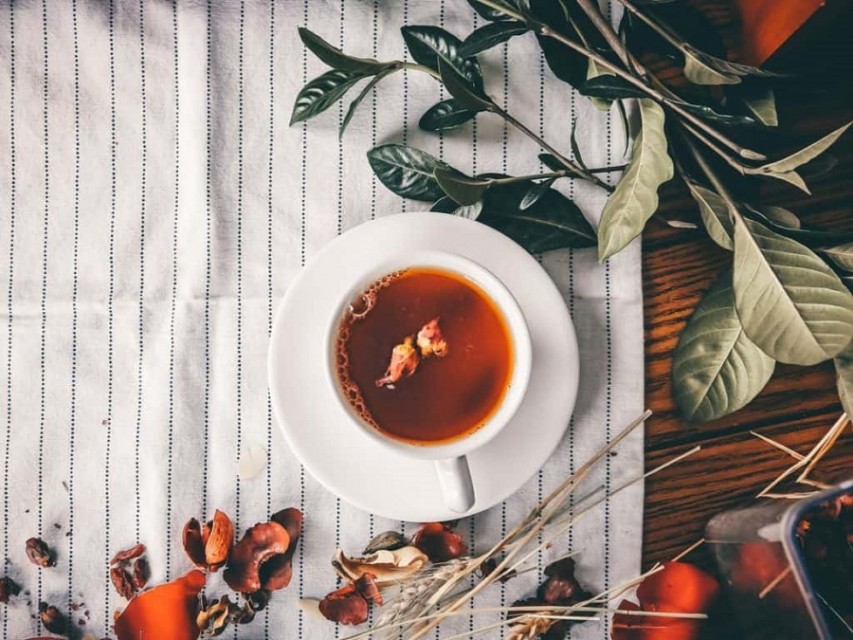
Methods to make a strong tea
The first method to make a strong tea is to increase the water temperature so that more caffeine and flavor can be dissolved. Though tea tends to get bitter under a high water temperature, you can try certain tea types we recommended above, or just enjoy the bitterness if you simply want more caffeine.
Or you can try to extend the steeping time to have a stronger tea. Generally speaking, oolong tea requires about 3 minutes to get strong, black tea needs 4 minutes, and white tea roughly 5 minutes. However, bear in mind that the strength of tea has its limit. Once reaching the maximum amount of caffeine and other compounds, your tea won’t get stronger.
Sometimes you can also simply double the tea leaves, as more tea leaves will increase the number of flavored compounds dissolved in water. Note that you need to keep the steeping time short accordingly, or else you won’t enjoy it.
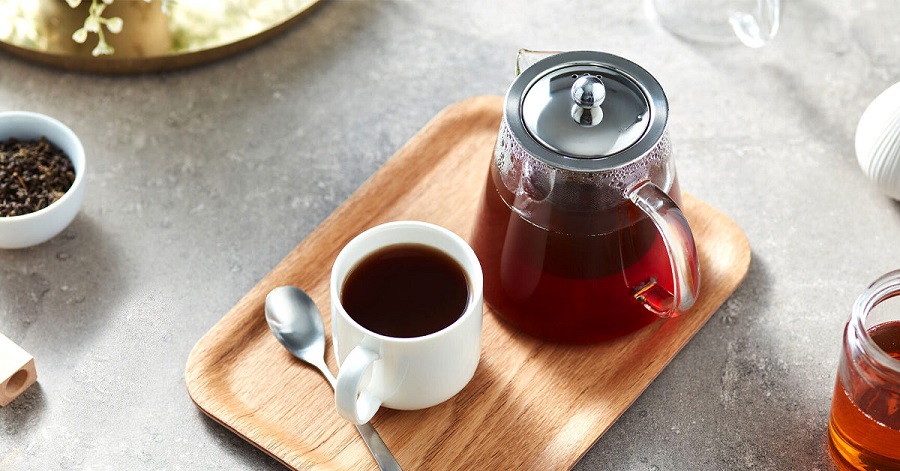
Use whole leaf tea rather than tea bags
You may prefer tea bags simply because it is convenient. However, tea bags contain broken tea leaves that will infuse much faster than regular whole leaf tea. As a result, catechins, caffeine, tannins, and more bitter compounds will dissolve into the water and make your tea rather bitter. We recommend that you use whole leaf tea instead, as its bitter compounds are harder to dissolve under high water temperatures.







